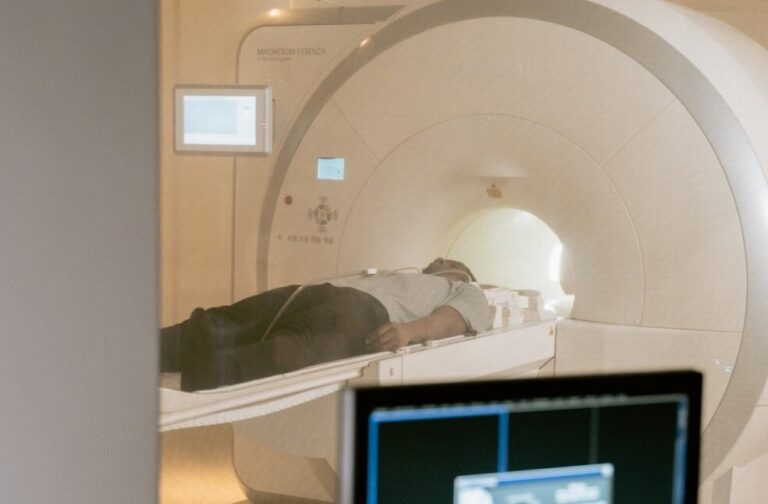London, UK: A new study found that using MRI scans to screen men for prostate cancer could reduce deaths from the disease significantly.
The scans were much better at detecting cancer than blood tests that rely on high PSA protein levels. Researchers have found that current tests, which measure the amount of the protein prostate-specific antigen (PSA) in the blood, are associated with the problem of overdiagnosing and overtreating low-risk cancers.
UCLH NHS Foundation Trust and King’s College London conducted the study, and its findings were published in the medical journal BMJ Oncology.

Professor Caroline Moore, a consultant surgeon at University College London Hospital (UCLH) and the chief investigator of the study, stated that the research is thought-provoking and emphasises the importance of exploring a fresh approach to screening for prostate cancer.
Prostate cancer is the most prevalent cancer in men. Currently, men aged 50 and above can ask for a PSA test if they have symptoms. In the Reimagine study, 303 men aged 50 to 75 were invited to undergo both an MRI screening and a PSA test.

Out of the participants, 48 individuals (16 percent) had MRI results suggesting they had prostate cancer, even though their median PSA density was in the normal range. Among these, 32 had PSA levels lower than the current screening threshold of 3 ng/ml, which means they wouldn’t have typically been referred for further examination.
Following an assessment by the NHS, 29 men were confirmed to have cancer that needed treatment. Among them, 15 had advanced cancer with a PSA level below 3 ng/mL.
Only three men (1 percent) were diagnosed with low-risk cancer that did not necessitate treatment.



